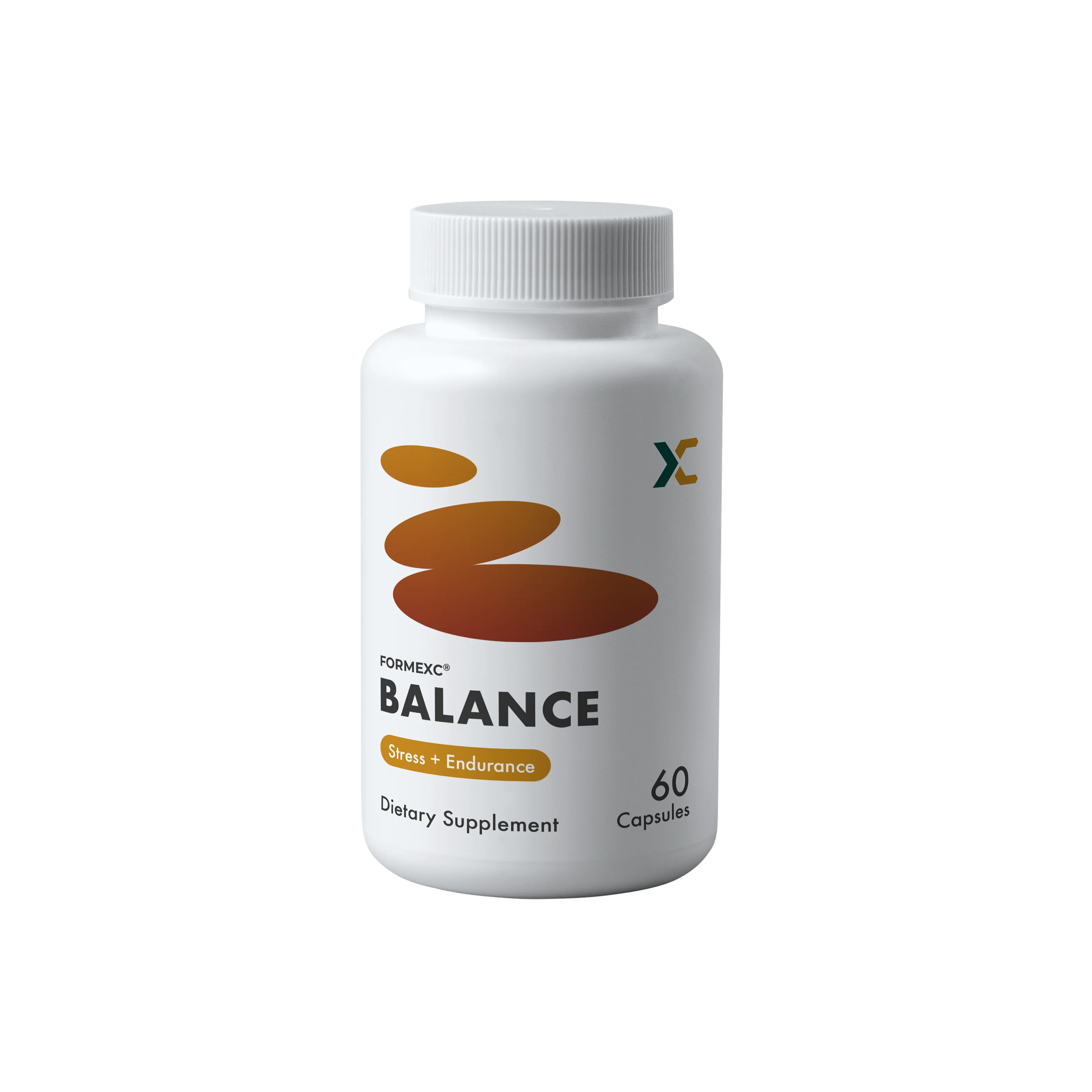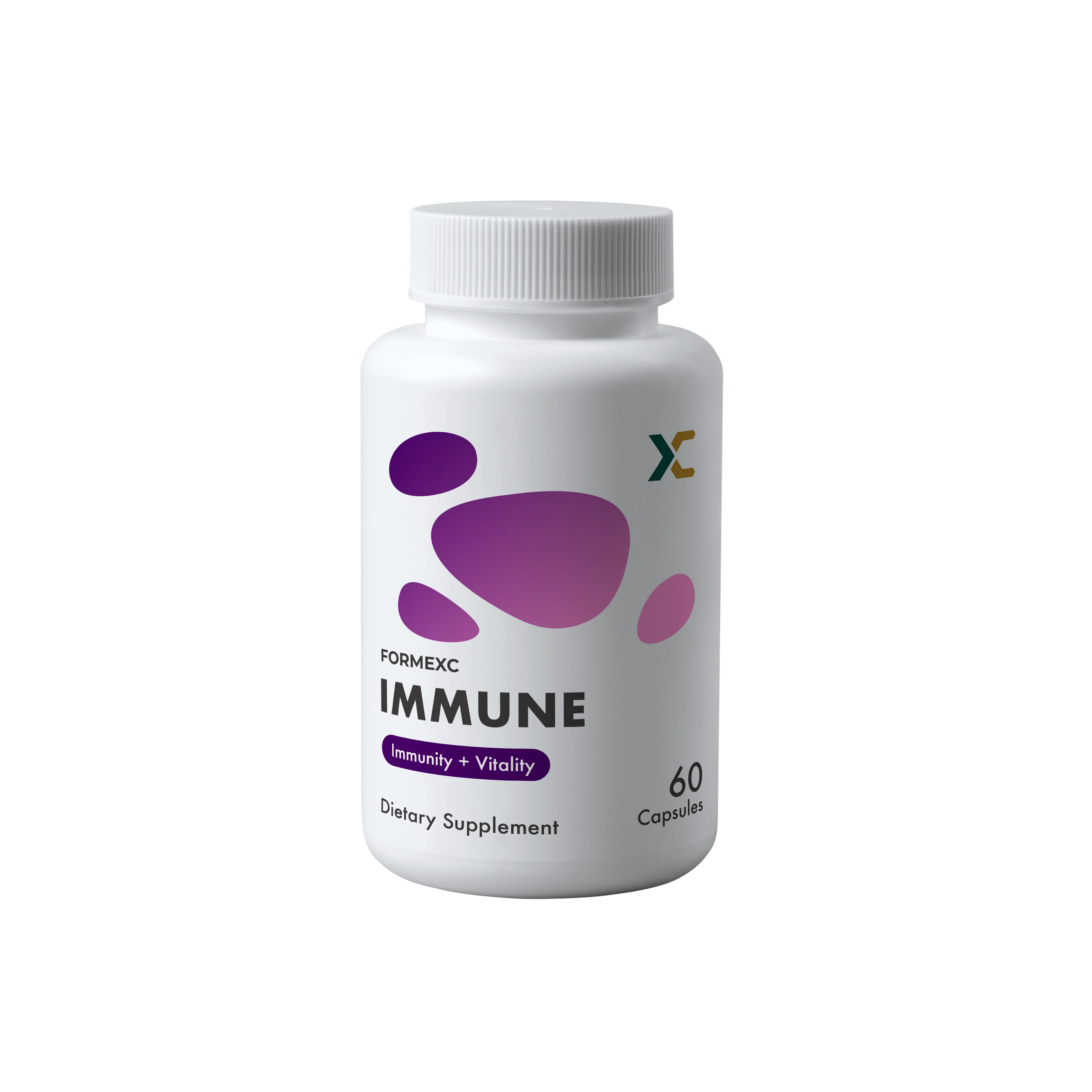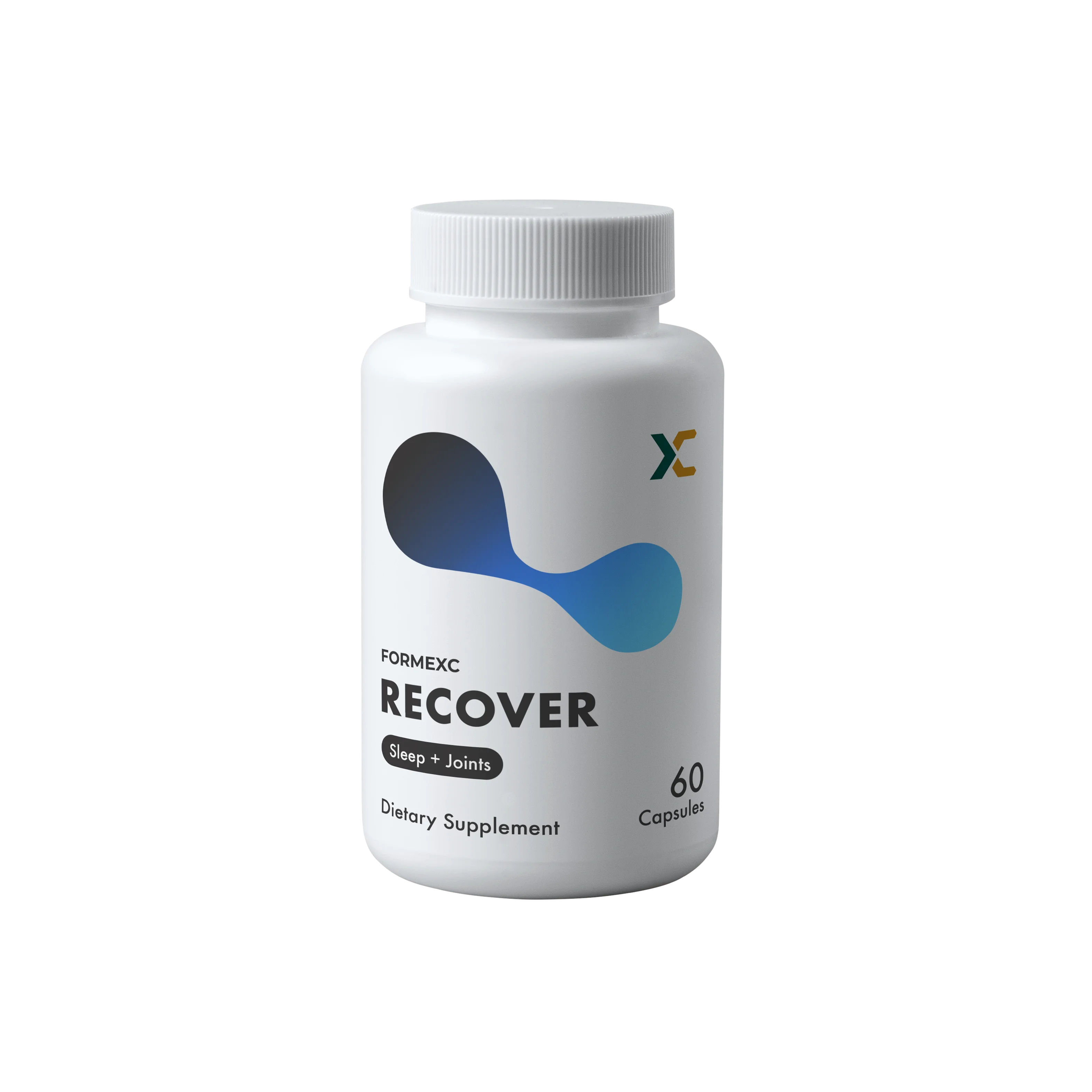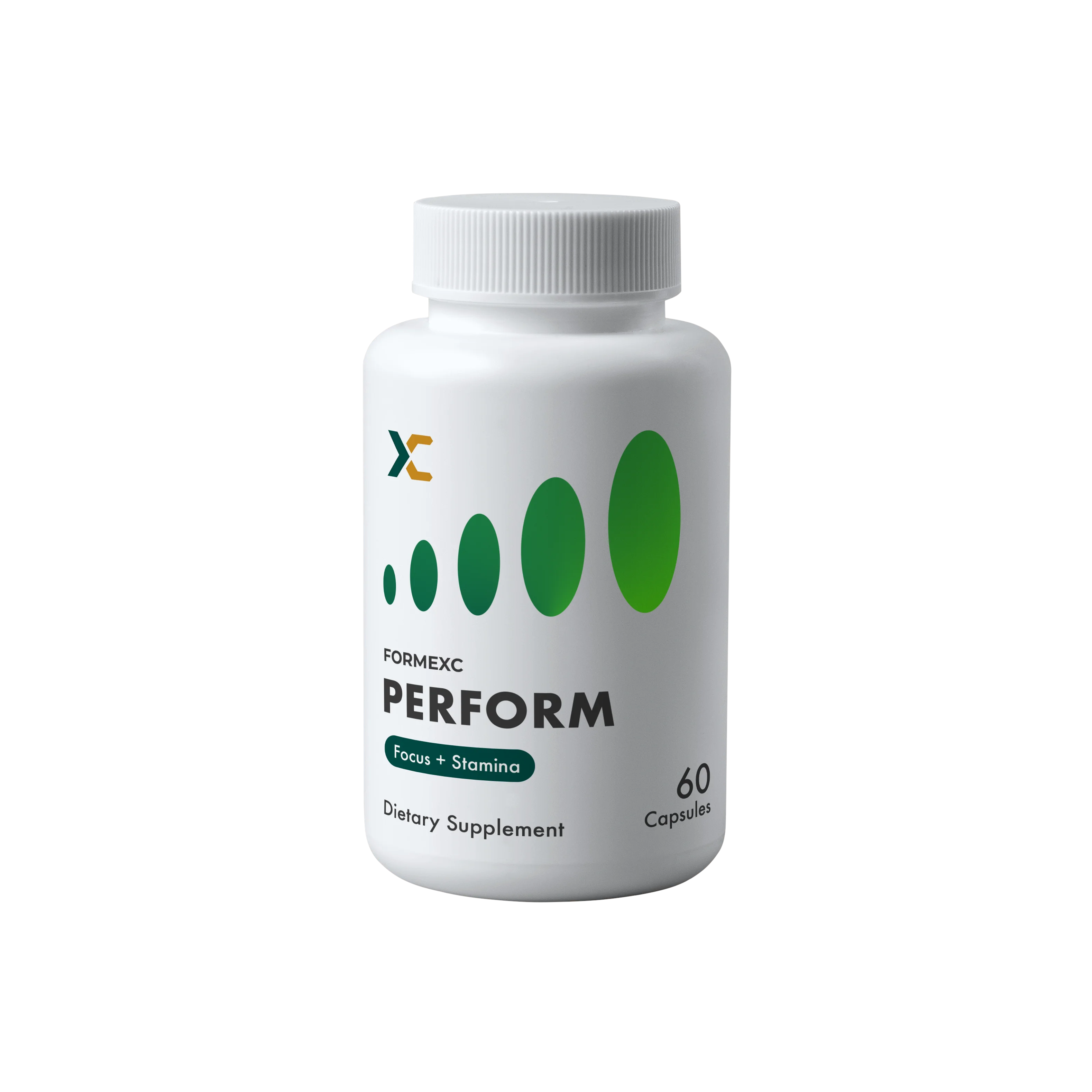The MTHFR gene and the process of methylation have gained significant attention in recent years, and for good reason. These biological mechanisms influence everything from cardiovascular health to cognitive function. Understanding how they work—and the role of nutrients such as methylfolate and methylcobalamin—can help you make informed choices to support your long-term wellbeing.
What is the MTHFR Gene?
The MTHFR gene (methylenetetrahydrofolate reductase) encodes an enzyme that is essential for processing folate (vitamin B9). Specifically, this enzyme converts folate into its active form, 5-methyltetrahydrofolate (5-MTHF).
5-MTHF plays a critical role in the methylation cycle, where it helps convert homocysteine into methionine. Methionine is then used to produce vital compounds that regulate DNA repair, neurotransmitter balance, and detoxification pathways.
MTHFR Variants and Their Impact
Genetic variations in the MTHFR gene—most commonly C677T and A1298C—can reduce enzyme efficiency. This means the body struggles to convert folate into its active form, leading to potential imbalances such as elevated homocysteine levels.
These imbalances have been investigated in connection with:
- Cardiovascular health
- Reproductive health and pregnancy outcomes
- Neurological and cognitive function
- Energy metabolism and mood regulation
Although not everyone with an MTHFR variant will experience health issues, reduced enzymatic activity underscores the importance of ensuring the body receives folate and B12 in bioavailable, active forms.
Methylation: A Critical Biological Process
Methylation is one of the most fundamental processes in human biology. It is involved in:
- Regulating gene expression and DNA repair
- Supporting neurotransmitter production, affecting mood, focus, and sleep
- Detoxifying harmful substances
- Maintaining cardiovascular balance through homocysteine regulation
When methylation is disrupted—whether due to nutrient deficiencies or reduced MTHFR enzyme activity—the body’s ability to perform these functions can be compromised.
Why Methylfolate and Methylcobalamin Are Essential
Methylfolate (5-MTHF)
Methylfolate is the active form of folate that the body can use immediately. Unlike synthetic folic acid, it does not require conversion by the MTHFR enzyme. This makes it particularly important for individuals with reduced enzyme activity, as it ensures the methylation cycle continues efficiently.
Methylcobalamin (Active B12)
Methylcobalamin is the active, methylated form of vitamin B12. It is required by the enzyme methionine synthase to remethylate homocysteine into methionine. Without adequate methylcobalamin, the methylation process can stall, leading to what is known as the “methyl folate trap”—where folate is present but unusable.
Together, methylfolate and methylcobalamin support healthy methylation, balanced homocysteine levels, and optimal cellular function. They work in synergy to sustain energy production, neurological health, and DNA stability.
The Importance of Choosing Methylated Vitamins
While folic acid and standard forms of B12 must undergo conversion in the body, methylfolate and methylcobalamin are already active and ready for use. This is crucial for individuals with MTHFR variants, but it is also highly beneficial for the wider population, ensuring that methylation processes are supported without relying on potentially inefficient conversion pathways.
Supplementing with methylated vitamins provides a more reliable and effective way to maintain optimal methylation, homocysteine balance, and overall health.
In summary, the MTHFR gene and the process of methylation are central to human health, influencing everything from cardiovascular resilience to mental clarity. Variants in the MTHFR gene can limit the body’s ability to activate folate, making methylfolate and methylcobalamin essential tools for supporting methylation and maintaining balance in critical biological systems.
By choosing methylated vitamins, you ensure that your body receives these nutrients in the most bioavailable and effective form—helping to safeguard your health, energy, and vitality for the long term.
Click here to explore Formexc products, formulated with natural and organic ingredients to support your physical health, mental well-being, and performance.
Use the code "NEW10" to get 10% off your first order.
Did you find this article useful? Share it with a friend and spread the love for healthy living.
Your success fuels our motivation.
Love,
Team Formexc 💚💛







